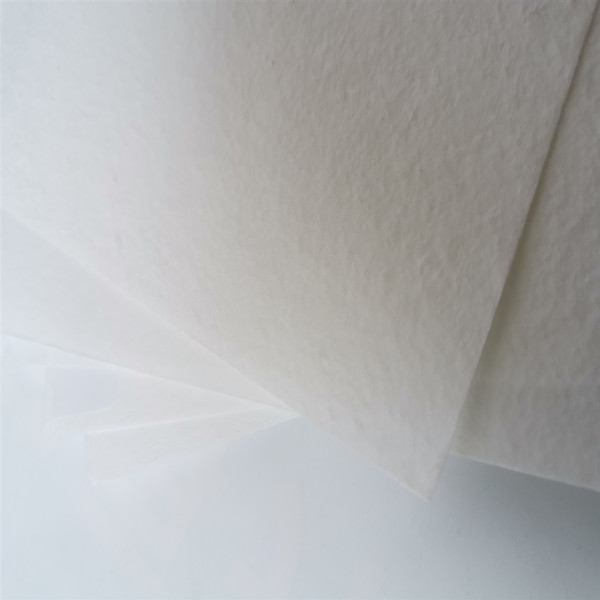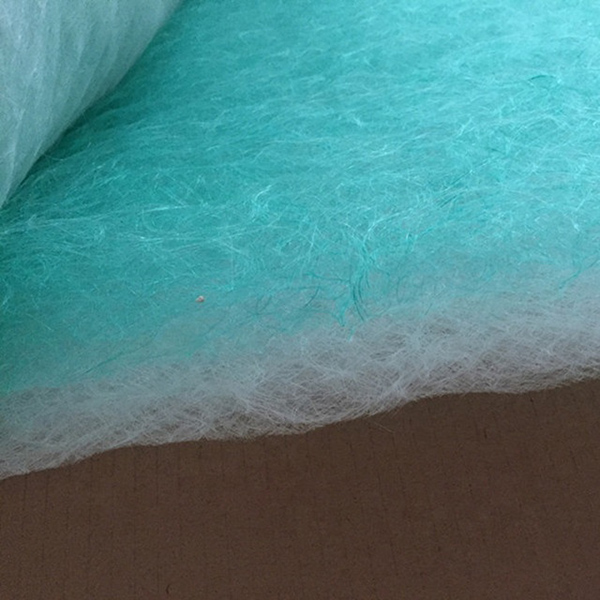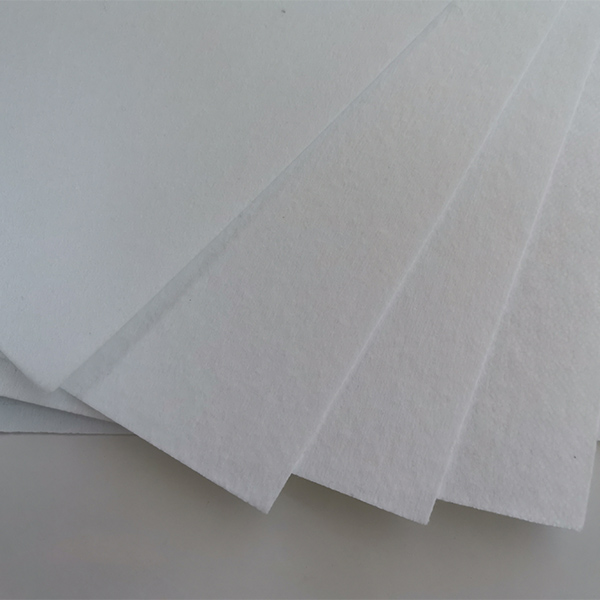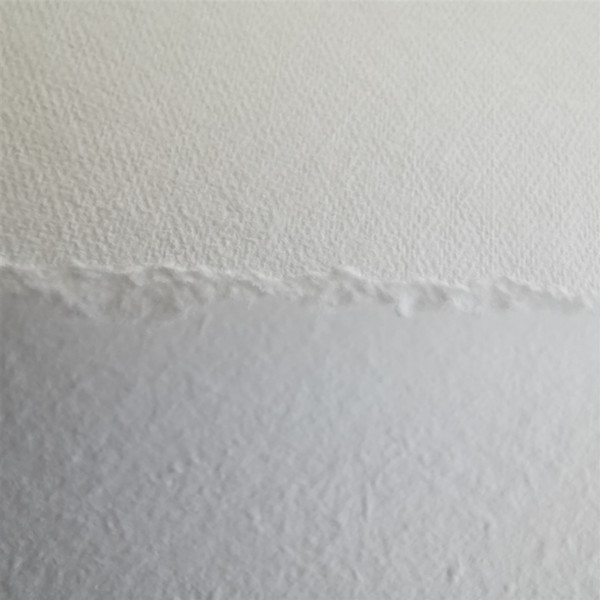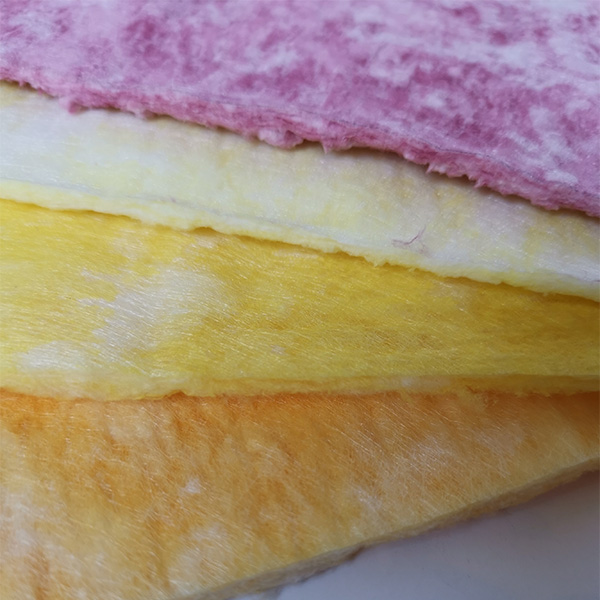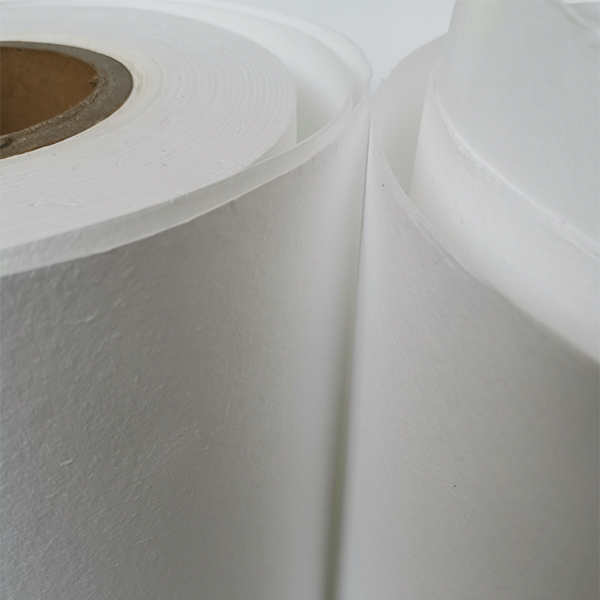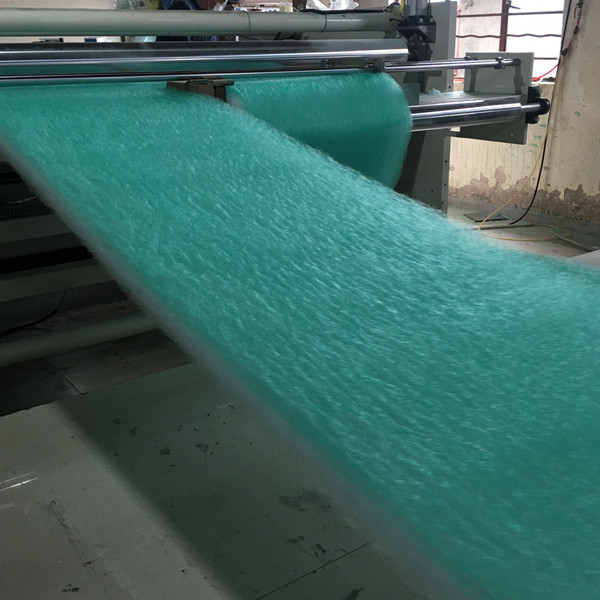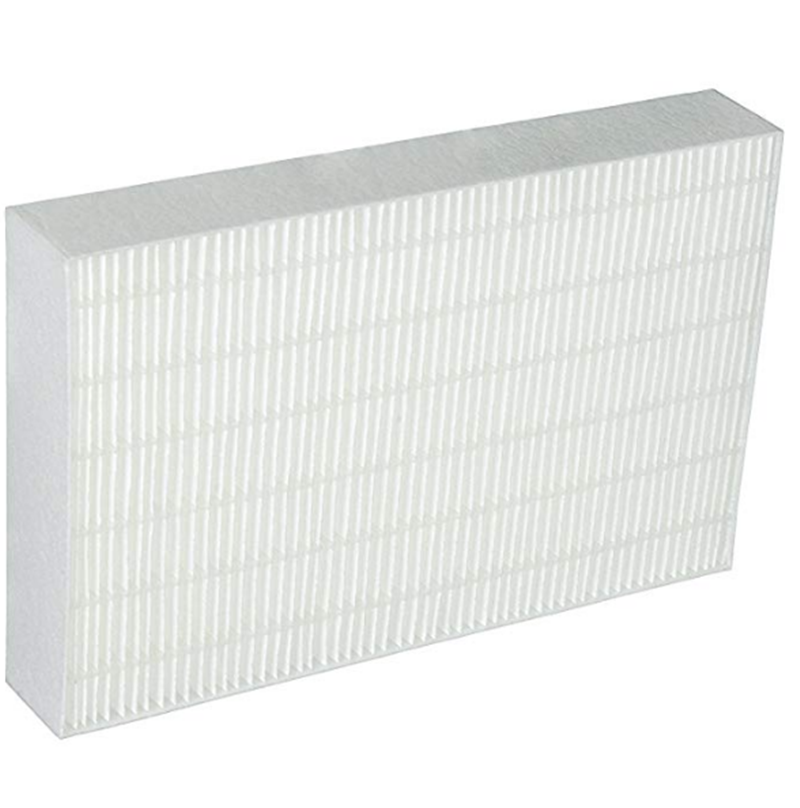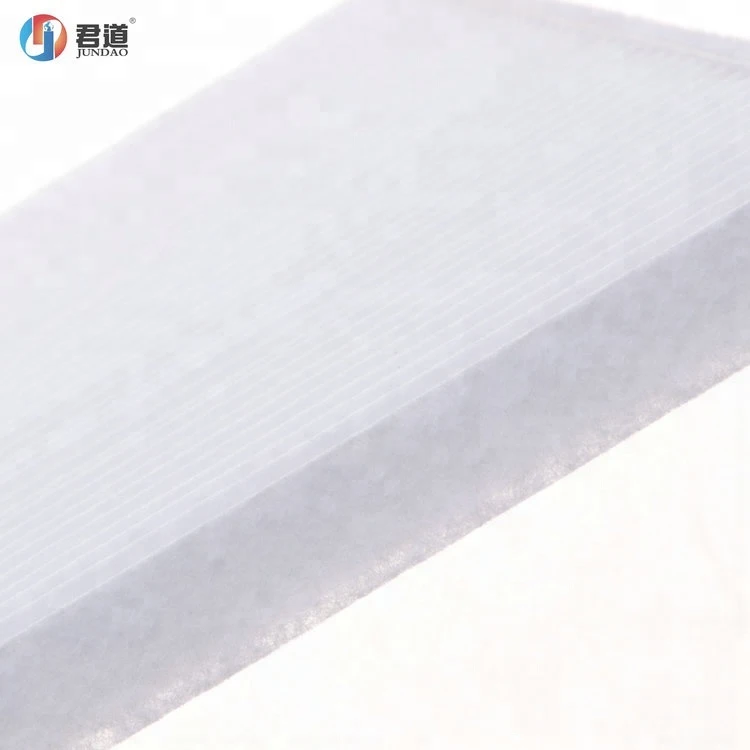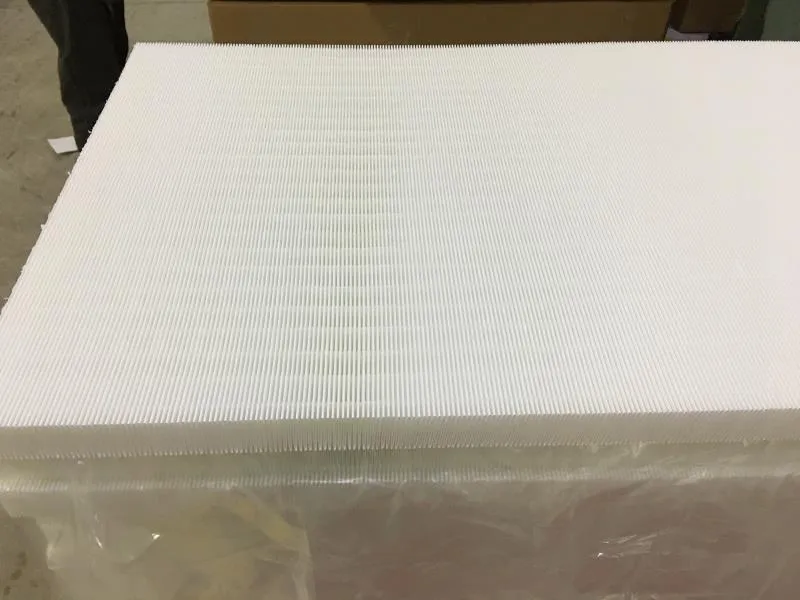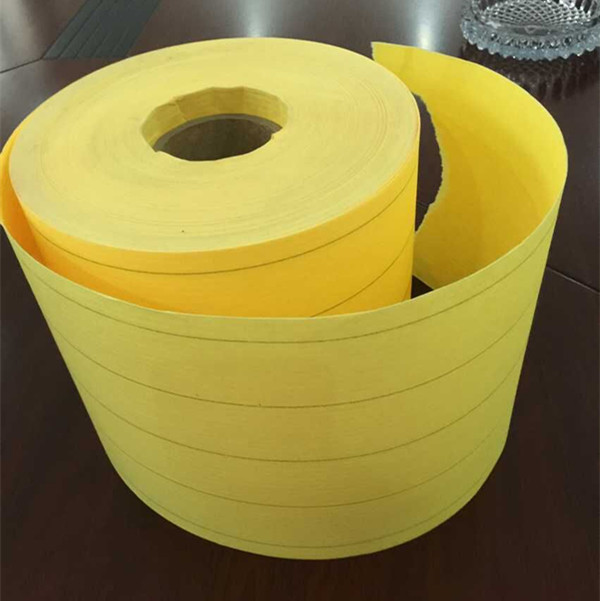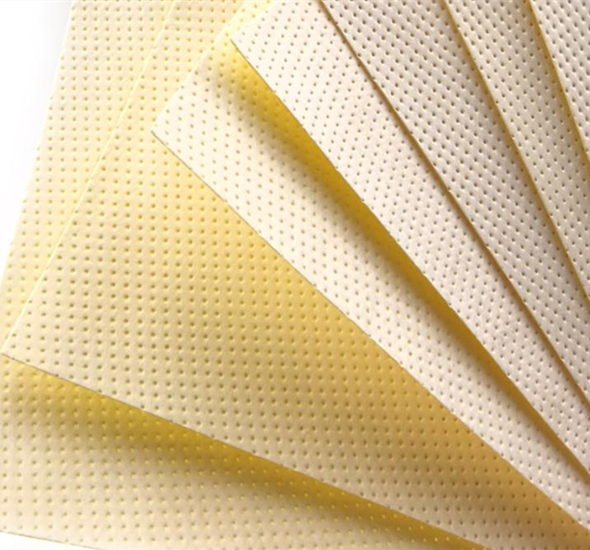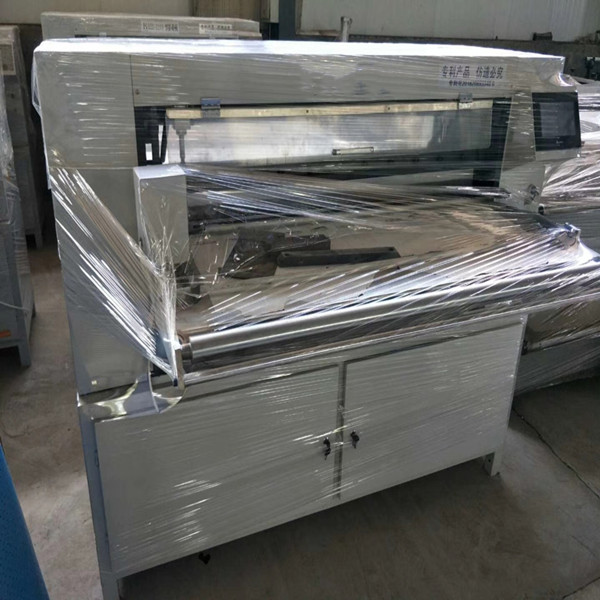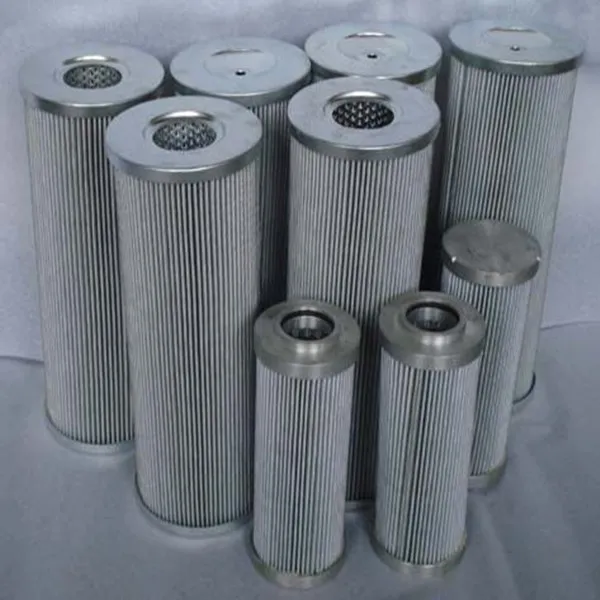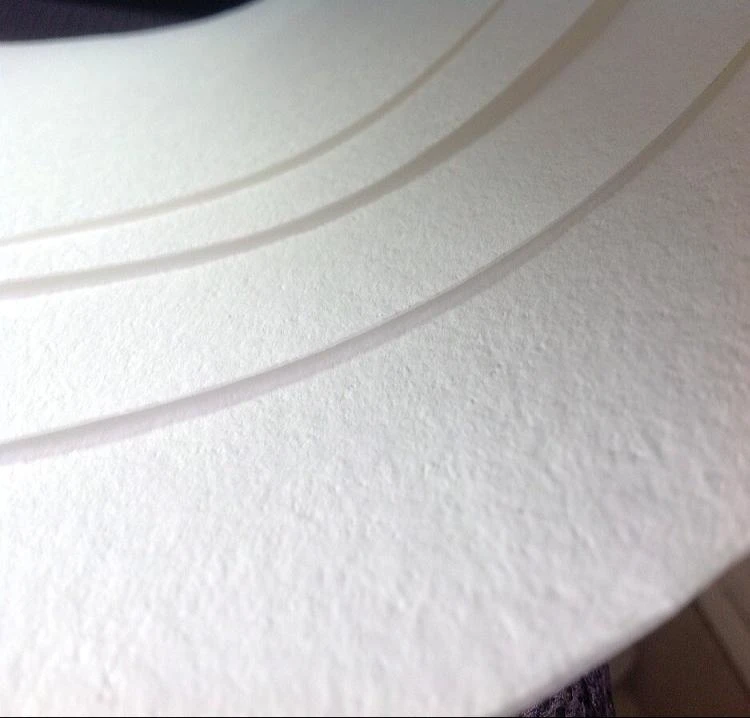Fiberglass Filter Media
Fiberglass Filter Media is a high-performance filtration material composed of fine glass fibers bonded into a non-woven matrix, offering exceptional thermal stability, chemical resistance, and filtration efficiency. Unlike cellulose-based alternatives, it can withstand extreme temperatures and harsh chemical environments without degrading, making it ideal for demanding industrial applications.
The media’s randomly arranged microfibers create a dense yet porous structure capable of capturing sub-micron particles, including dust, fumes, and aerosols, while maintaining low airflow resistance. Its hydrophobic properties also make it effective in moisture-laden environments without compromising performance.
High-Temperature Resistance of Fiberglass Filter Media
Fiberglass filter media is renowned for its exceptional heat resistance, making it ideal for high-temperature filtration applications. Unlike conventional filter materials that degrade under extreme heat, fiberglass can withstand continuous exposure to temperatures up to 500°F (260°C) and intermittent peaks even higher. This thermal stability comes from its inorganic glass fiber composition, which does not melt, warp, or release harmful fumes when heated. As a result, fiberglass filters are widely used in industrial ovens, exhaust systems, and combustion processes where heat resistance is critical. Additionally, the material maintains its structural integrity and filtration efficiency even under prolonged thermal stress, ensuring reliable performance in demanding environments. Its flame-retardant properties further enhance safety in applications involving sparks or open flames.
How Fiberglass Filter Media Improves Indoor Air Quality (IAQ)
Fiberglass filter media plays a crucial role in enhancing indoor air quality by efficiently capturing airborne contaminants such as dust, pollen, and mold spores. Its tightly woven glass fibers create a dense filtration barrier that traps fine particles while maintaining low airflow resistance, ensuring optimal HVAC system performance. Unlike some synthetic filters, fiberglass does not produce electrostatic charges that can attract and redistribute particles, providing more consistent filtration. Additionally, the material is resistant to moisture and microbial growth, preventing mold and bacteria buildup that can degrade air quality. These properties make fiberglass filters a reliable choice for hospitals, schools, and commercial buildings where clean air is essential for occupant health and comfort.
Applications of Fiberglass Filter Media
Fiberglass filter media is widely used across industries due to its durability and efficiency. In HVAC systems, it serves as a cost-effective pre-filter or final filter, removing particulate matter to protect equipment and improve air quality. Paint booths rely on fiberglass filters to capture overspray, ensuring a clean finish and preventing contamination of exhaust systems. Industrial applications include gas turbine intake filtration, where fiberglass media protects machinery from abrasive dust, and chemical processing, where its chemical resistance and thermal stability are critical. The material’s ability to handle high airflow with minimal pressure drop makes it ideal for large-scale ventilation systems, while its customizable density allows for tailored solutions in specialized filtration needs.

